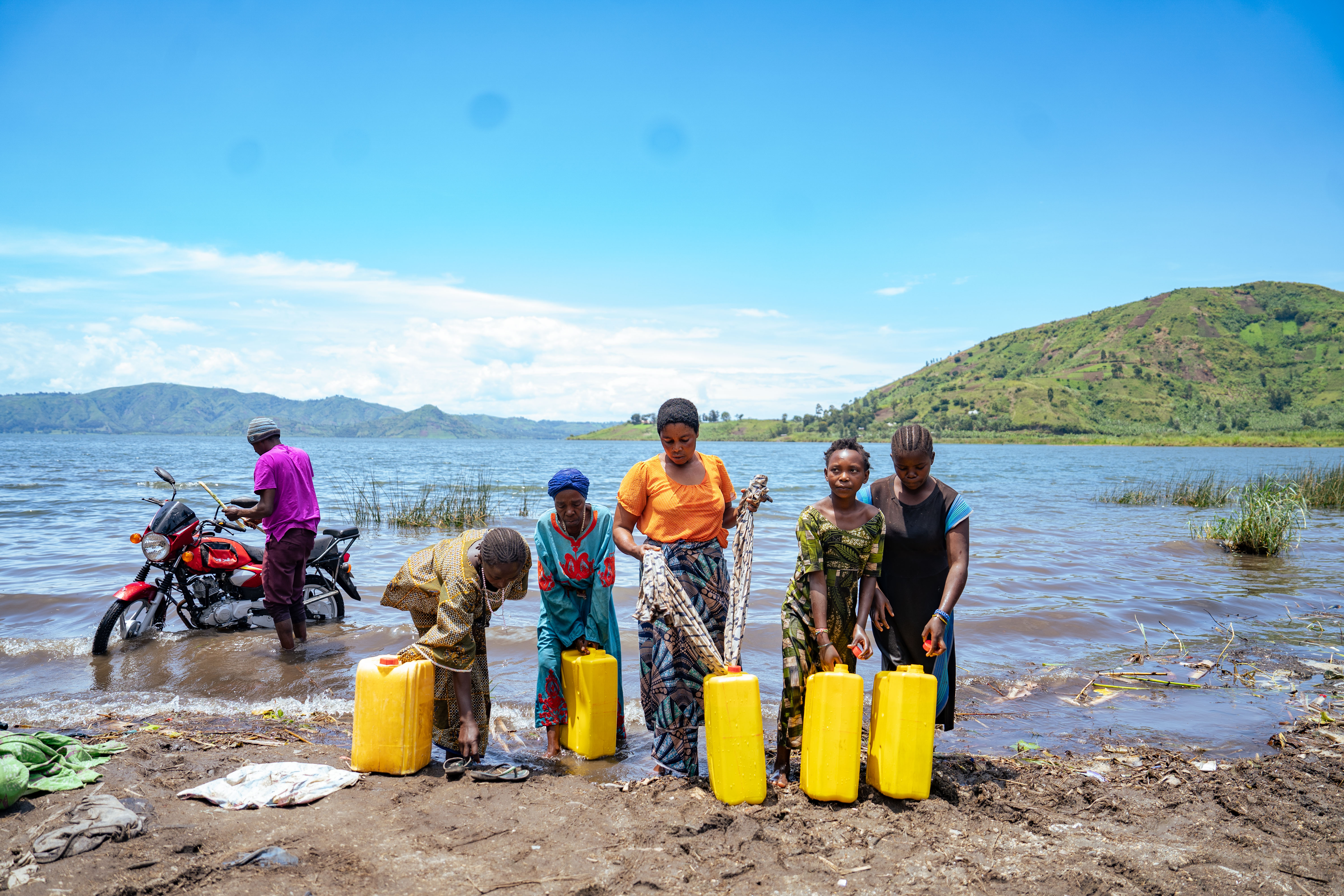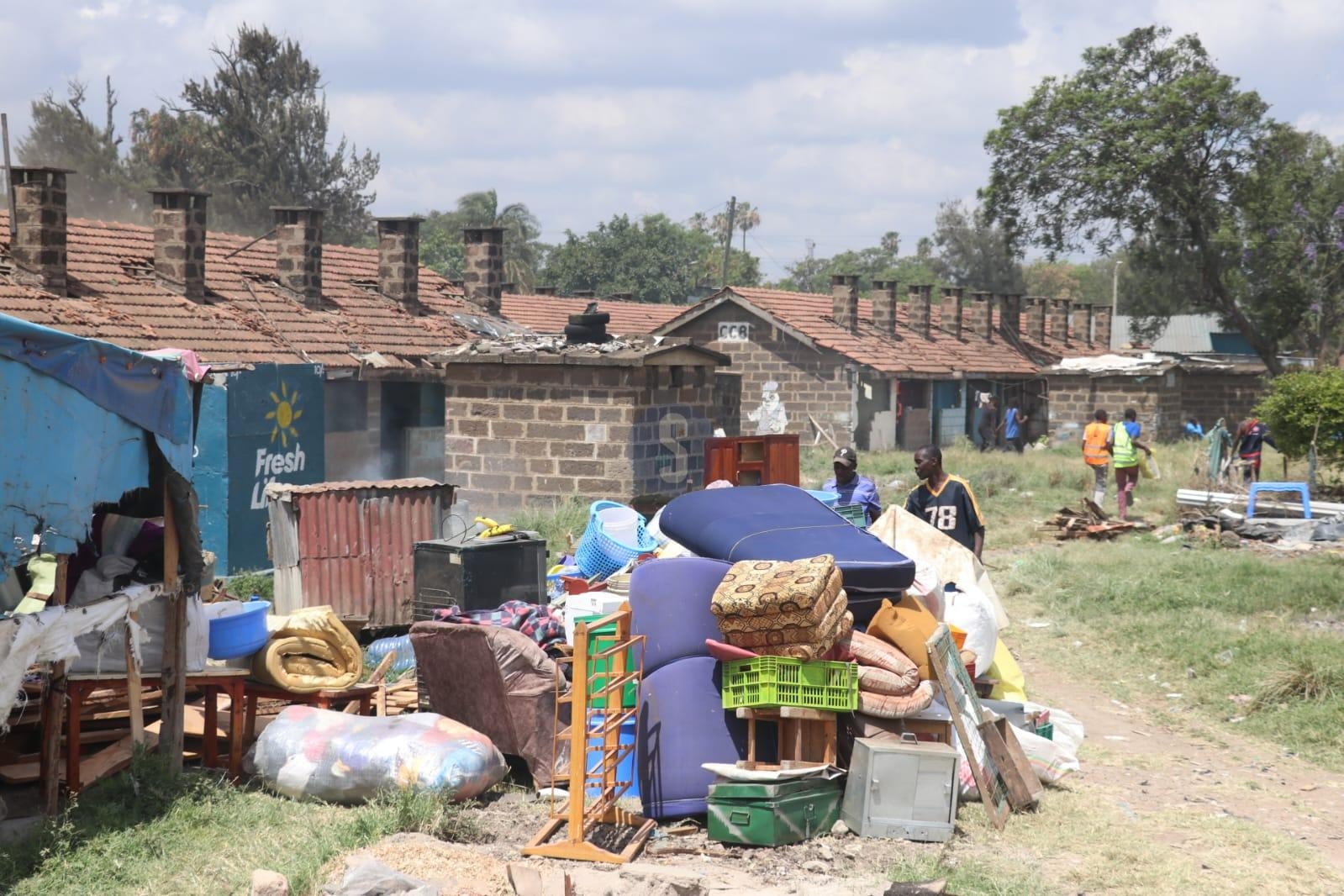 Women collect water from Lake Kivu near a chlorination point in Shasha, North Kivu, in 2025. Photo/ Unicef.
Women collect water from Lake Kivu near a chlorination point in Shasha, North Kivu, in 2025. Photo/ Unicef.
A recent report
by the World Health Organization and Unicef has
revealed that billions of people lack access to safe drinking water around the
world.
The report, released to mark the World Water Week 2025, says the lack
of access to essential water, sanitation and hygiene services puts people at risk
of disease and deeper social exclusion.
Despite major
progress across the globe to address the water shortage, the report reveals
that major gaps still persist, adversely impacting people living in low-income
countries, fragile contexts, rural communities, children and minority ethnic
and indigenous groups, which face the greatest disparities.
In the
report, Dr Ruediger Krech, Director of Environment, Climate Change and Health at
the WHO, says that access to clean water is a basic human
right and everyone should have access to it.
He says, “Water,
sanitation and hygiene are not privileges, they are basic human rights. We must
accelerate action, especially for the most marginalised communities, if we are
to keep our promise to reach the Sustainable Development Goals.”
Cecilia Scharp, Unicef director of WASH, regretted the lack of safe water and sanitation
to children, especially girls, which she said greatly impacts their well-being.
She said: “When
children lack access to safe water, sanitation, and hygiene, their health,
education, and futures are put at risk. These inequalities are especially stark
for girls, who often bear the burden of water collection and face additional
barriers during menstruation. At the current pace, the promise of safe water
and sanitation for every child is slipping further from reach – reminding us
that we must act faster and more boldly to reach those who need it most.”
According to
the report, 2.1 billion people globally still lack access to safely managed
drinking water, which includes 106 million who drink directly from
untreated surface sources, while 3.4 billion people still lack safely managed sanitation, which includes 354 million who practice open defecation.
The report
further says that 1.7 billion people still lack basic hygiene services at
home, including 611 million without access to any facilities, which largely
affects rural and marginalised areas.
The joint
report recommends acceleration of sanitation and hygiene services as we
approach the last five years of the Sustainable Development Goals period. It
says that this will help achieve the 2030 targets for ending open defecation and universal
access to basic water, sanitation and hygiene services, even though they appear
increasingly out of reach.

















